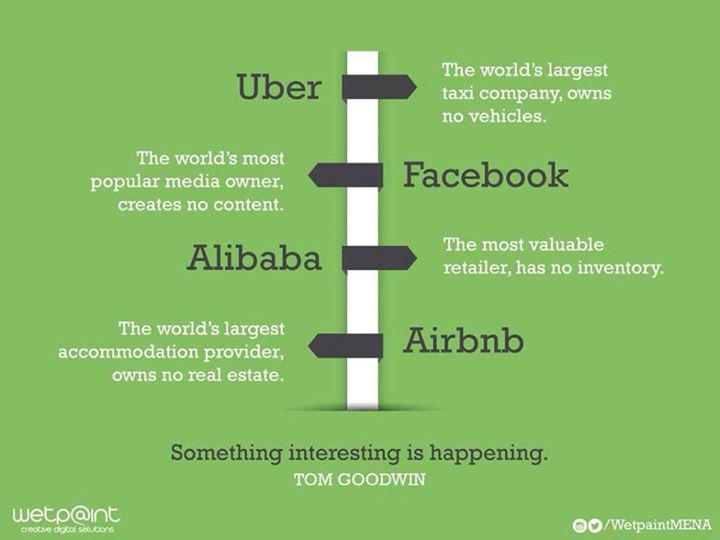"The Seattle company, like other coffee purveyors, often raises prices for its products when coffee prices increase, but the latest move comes despite a decline of about 42% in Arabica futures prices from a peak late last year."Por que é que a Starbucks consegue aumentar os preços, várias vezes, apesar da descida dos custos da matéria-prima?
.
Acham que uma PME típica pode justificar um aumento de preço com um aumento dos seus custos? Poder pode, mas qual é o resultado? Insatisfação dos clientes!!!
.
Como é que uma Starbucks consegue aumentar preços?
.
Porque pode!
Preço não tem relação matemática com os custos, apesar do que digam os economistas.
.
Como se ganha pricing power?
.
Com diferenciação e oferecendo propostas de valor percebidas como superiores pelos clientes.
.
Com estratégia...
.
Pois, o que é que a sua empresa está a fazer para ganhar pricing power? Nope, não olhe para dentro, olhe para fora!













%2006.21.jpeg)












